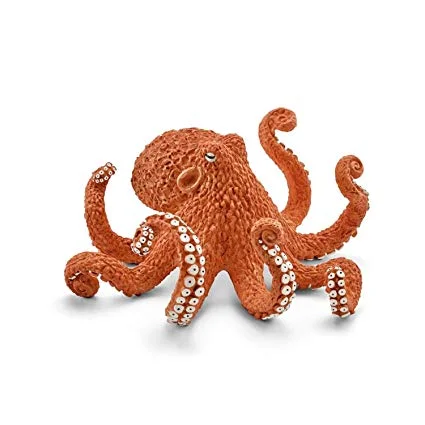What inner feelings do flies sing?
/How we feel has a big impact on how we respond to the same sensory information. For example, a plate of cookies could be enticing or uninteresting, depending on whether you’re hungry or full. But sometimes it can be quite difficult to define these “inner states",” especially in less expressive animals like flies. In a new study, scientists from Princeton use mathematical modeling to uncover the hidden internal states of singing flies.
Read More









